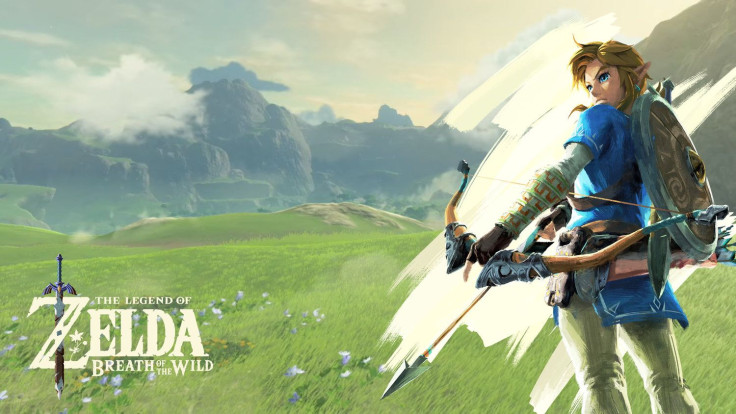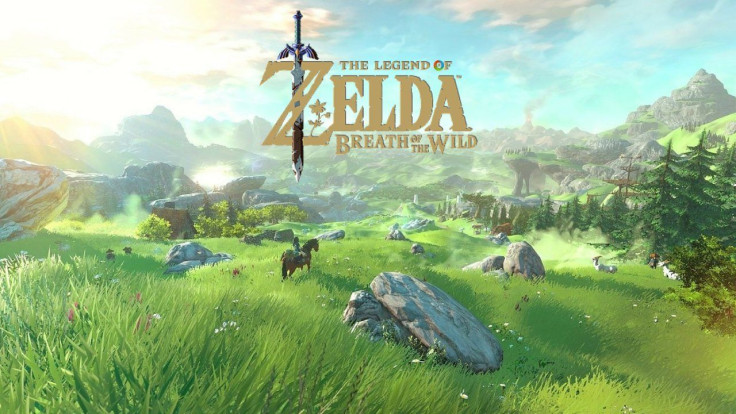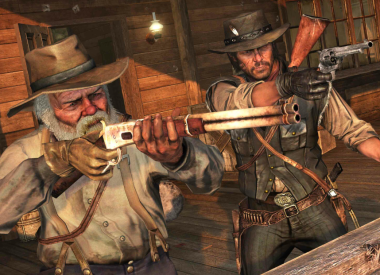Legend of Zelda: The Breath of the Wild may be the most important game Nintendo has released since Donkey Kong. The Nintendo Switch’s flagship launch title has huge expectations behind it, and the game—the largest Nintendo has ever made—faces an incredible burden: It has to establish the Nintendo Switch, nearly single-handedly. There is no other major first-party launch title in an established series. In a very real sense, Breath of the Wild’s success will determine the future of the Nintendo Switch—and probably the future of Nintendo itself.
The Importance Of Being Zelda: What Breath of the Wild Must Do

The Nintendo Switch launches on March 3 and it has a steep hill to climb. Like the Nintendo Wii before it, the new console has a unique concept that we’ve never really seen before. Back then, it was motion controls. Now, it’s a console that’s also a handheld. Both approaches bring something uniquely new and innovative to the table, but both have trade-offs in terms of power, ease of third-party development, and depth of the launch library. For the Wii, it paid off handsomely: the console was the second most successful ever made. The Wii U, which tried a similar gambit with a tablet-based controller, didn’t hit the mark and has not been a success. Nintendo has hung on because of its massive war chest from the Wii days and the continuing success of the Nintendo 3DS.
But Nintendo can’t count on the Nintendo 3DS forever and the handheld isn’t nearly as successful as its predecessor, which debuted before the era of smartphones and tablets. The Switch is, officially at least, only intended as a replacement for the Wii U, not the 3DS. But the truth is, it needs to pick up a lot of slack on the handheld side too.
And that’s why Legend of Zelda: Breath of the Wild is so important. The Nintendo Switch does have other launch titles, but Zelda is far and away the largest and highest profile, even though it will also be available on the Wii U. It’s a title of huge scope and depth, and has taken years to develop (almost the entire Wii U lifecycle, in fact). It has been delayed numerous times. It even missed last holiday season, leaving Nintendo bereft of a flagship holiday title. But because of that delay is the game a launch title for the Nintendo Switch.
And what a launch it needs to be. Other major first-party titles like Splatoon 2 are coming out later this year, but Zelda is the game that will sell the system. And it needs to sell millions of them. If Breath of the Wild can create a strong install base for the Switch, it won’t be hard to commit more development dollars to the system—both for Nintendo itself and for third-party developers. A strong start out the gate, like Nintendo had with the Wii, can put the Switch on a footing that will fix many of the system’s other problems (a thin launch lineup, middling third-party support, low specs) and keep the focus on what’s so cool about it: the ability to use the console as a handheld with nearly total freedom. But if Zelda can’t move millions and millions of Nintendo Switch consoles—it’s going to be trouble. Nintendo will have some time to adapt and build momentum with other titles like Super Mario Odyssey, but the head start out the gate will be lost. Breath of the Wild may single-handedly determine whether the Nintendo Switch becomes like the Wii, or like the Wii U. The stakes couldn’t be higher.
So let’s just watch this trailer again, shall we:
Bodes well, doesn’t it?

















